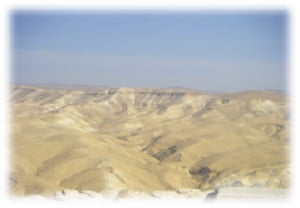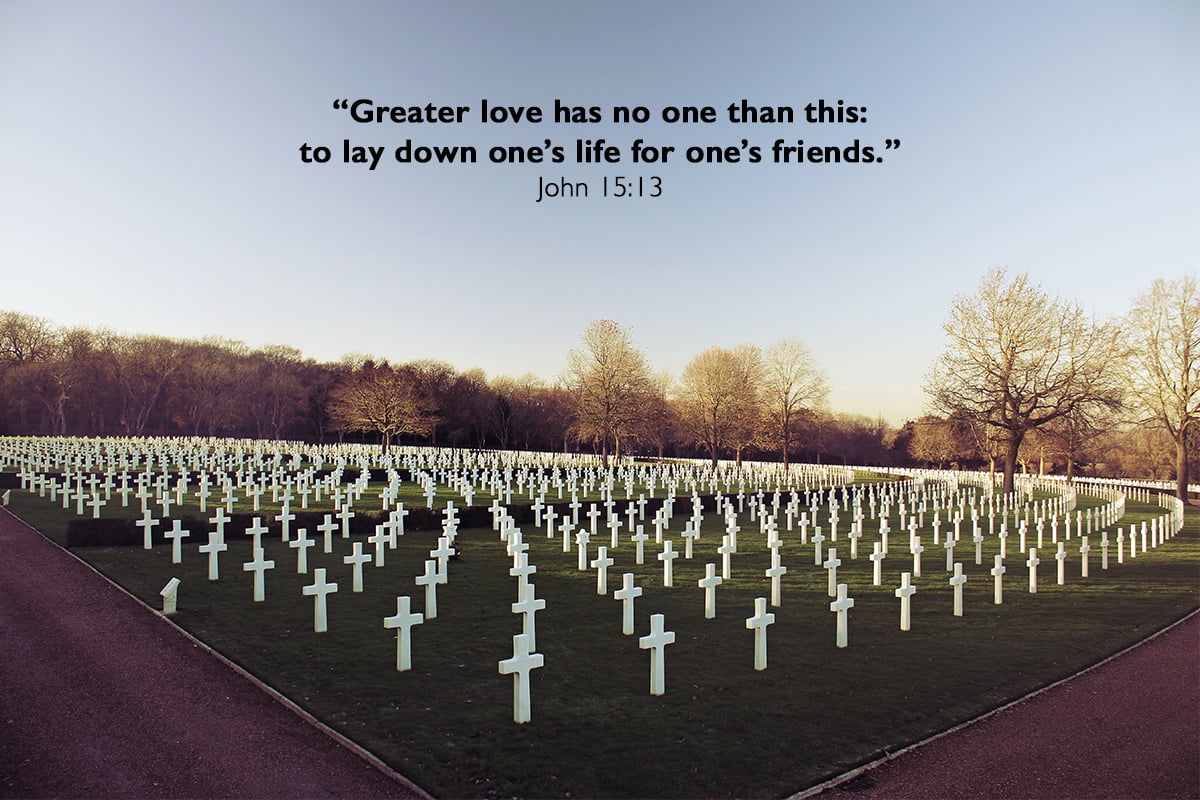 In May 2012, I journeyed to Israel & Egypt for two weeks on a study tour with ADC. I was deeply impacted by the deserts I saw and journeyed through, especially the Judean Wilderness and the Sinai Desert. The vastness and barrenness spoke to my soul. In the Sinai I was powerfully and surprisingly confronted with the enormity of the presence of God. I was drawn to two passages of scripture instantly; Exodus, Moses’ encounter with God in the desert and Ps139, where ever I go you are there. How could a place that is so barren be so full of God? I thought. The answer, “There is space for God!” Desert places are spacious. There are few distractions and no clutter. The desert is the place of solitude and silence. God inhabits desert places. We experience God without distraction. It is both a physical locale and a symbolic place.
In May 2012, I journeyed to Israel & Egypt for two weeks on a study tour with ADC. I was deeply impacted by the deserts I saw and journeyed through, especially the Judean Wilderness and the Sinai Desert. The vastness and barrenness spoke to my soul. In the Sinai I was powerfully and surprisingly confronted with the enormity of the presence of God. I was drawn to two passages of scripture instantly; Exodus, Moses’ encounter with God in the desert and Ps139, where ever I go you are there. How could a place that is so barren be so full of God? I thought. The answer, “There is space for God!” Desert places are spacious. There are few distractions and no clutter. The desert is the place of solitude and silence. God inhabits desert places. We experience God without distraction. It is both a physical locale and a symbolic place.
Catherine de Hueck Doherty in her book “Poustinia” writes, “’Poustinia’ is Russian for desert. …more than a geographical place. It means a quiet, lonely place, that people wish to enter, to find the God who dwells within them.” It could also be a place set aside in a home to be with God or a place within our own hearts where we retreat to be with God. I would suggest to be missional leaders who seek to lead people into authentic encounters with God we need all of the above. We need continuous personal real encounters with God. We need “poustinia”! Knowledge about God is not enough!
Why speak of poustinias or deserts? According to Henri Nouwen desert places are: Where we are transformed. Where we discover our true selves. Where we encounter God and struggle to free ourselves from the compulsions of life. Deserts bring us face to face with God, ourselves and life.
Nouwen writes about desert places in “The Way of the Heart”:
“Solitude is the furnace of transformation. Without solitude we remain victims of our society and continue to be entangled in the illusions of the false self. Jesus himself entered into this furnace. There he was tempted with the three compulsions of the world: to be relevant (“turn stones to loaves”), to be spectacular (throw yourself down”), and to be powerful (“I will give you all these kingdoms”). There he affirmed God as the only source of his identity (“You must worship the Lord your God and serve him alone”). Solitude is the place of the great struggle and the great encounter—the struggle against the compulsions of the false self, and the encounter with the loving God who offers himself as the substance of the new self.” (Nouwen,16)
He later continues, “We have, indeed, to fashion our own desert where we can withdraw every day, shake off our compulsions, and dwell in the gentle healing presence of our Lord. Without such a desert we will lose our own soul while preaching the gospel to others. But with such a spiritual abode, we will become increasingly conformed to him in whose name we minister. The first thing we need to do is set apart a time and a place to be with God and him alone. The concrete shape of this discipline of solitude will be different for each person depending on individual character, ministerial task, and milieu. But a real discipline never remains vague or general. It is as concrete and specific as daily life itself.” (Nouwen, 21)
I have been working to cultivate poustinias in my own life by going on spiritual retreat 3 or 4 times a year, creating a special place in my home where I meet with God regularly and by cultivating a desert place in my heart through spiritual disciplines. These are my desert places where I can withdraw to to encounter God in the midst of my busy and sometimes chaotic world.
Where is your Poustinia? Have you visited recently?
The truth is “that ministry can be fruitful only if it grows out of a direct and intimate encounter with our Lord.” (Nouwen, 21)
If you have comments, questions or would like to learn more about retreats, or how to develop you own poustinia, email Cheryl Ann.




